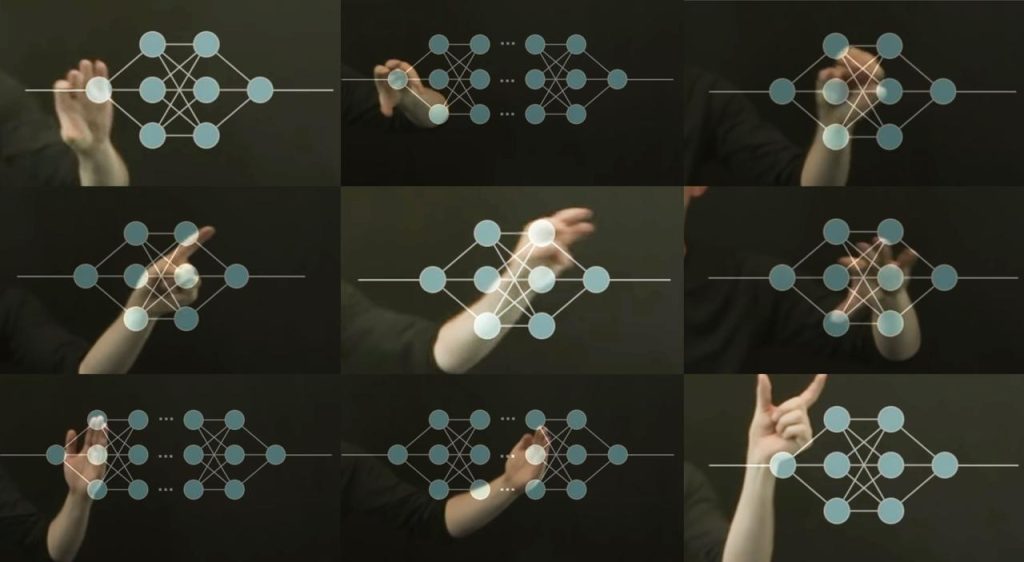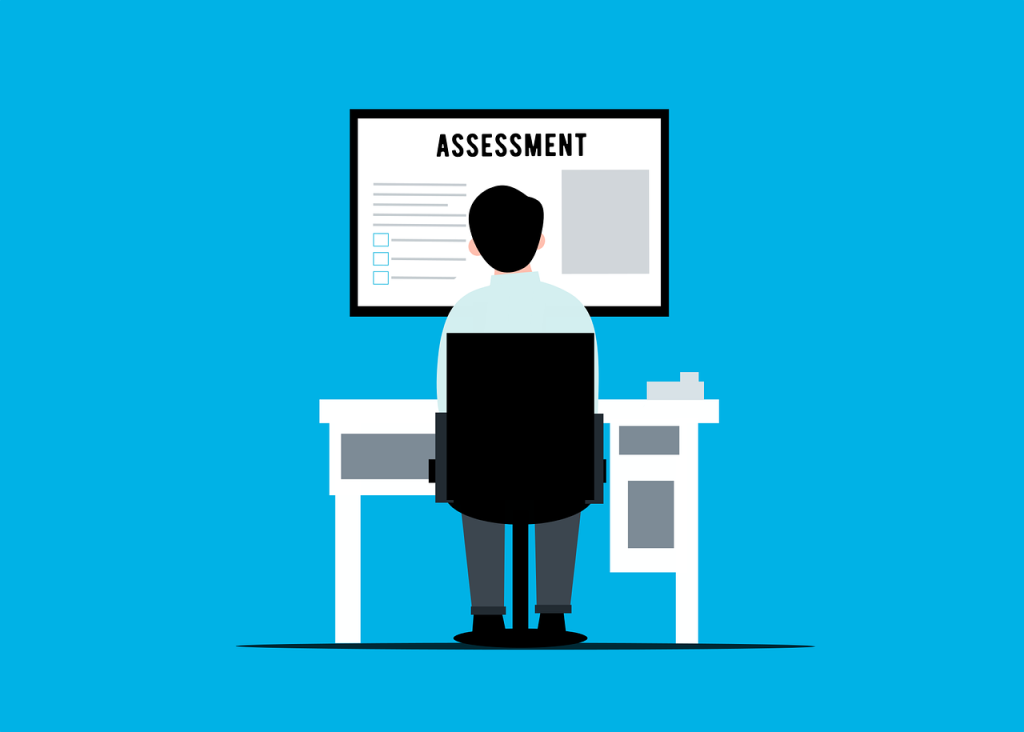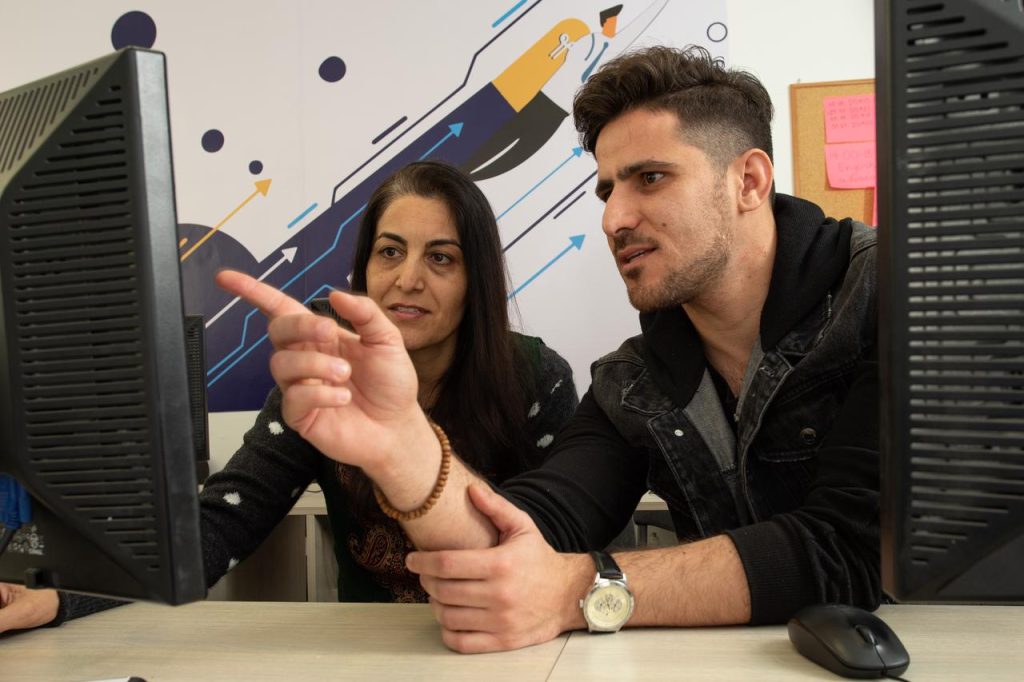GenAI and Assessment

As a recent publication from the Universitat Oberta de Catalunya points out, Artificial Intelligence remains an opportunity (or an excuse) to transform assessment, curriculum, teaching, personalization and teaching competencies. This is especially so in relation to assessment with widespread concern in the academic world about the near impossibility of detecting whether or not a student has used generative AI in an assignment.
The Universitat Oberta de Catalunya article explores the potential of continuous assessment aimed at self-regulation of learning. It suggests changing the assessment approach, moving from criteria focused on the assessment of the result to criteria focused on the process of development of the activity by the students.
Furthermore it advocates designing continuous assessment activities as part of the same learning sequence, with relationships of dependency and complementarity, instead of discrete tests and focusing the activities on the development of competencies and the assessment of progress and reflection on the learning process of each student.
Leon Furze is a prolific contributor to LinkedIn and describes his work as "Guiding educators through the practical and ethical implications of GenAI. Consultant & Author | PhD Candidate."
Witting from the perspective of education in Australia he says:
When it comes to GenAI, much of the conversation in education has been focused on academic achievement, perceived threats to academic integrity, and the risk that this technology poses to written assessments. I think that vocational education actually offers some fantastic alternative forms of assessment which are less vulnerable to generative artificial intelligence. If you’re not familiar with vocational education, assessments are often incredibly rigorous, sometimes to the point where the paperwork on evaluation and assessment is significantly longer than the assessment itself.
Vocational training, by nature, is practical and geared around skills which are needed for the particular job role or discipline being studied. Mainstream education, by contrast, is focused predominately on subjects and content.
Furze provides examples of different types of assessment in vocational educati9n and training:
- Observation checklists
- Role plays
- Scenarios
- Workplace activities
- Reports from employers
He has prublished a free 60 page ebook - Rethinking Assessment for GenAI which he says covers everything from ways to update assessments, to the reasons I advise against AI detection tools.



